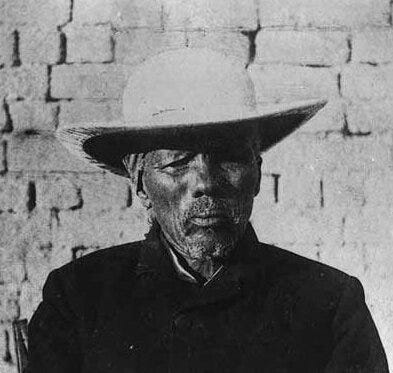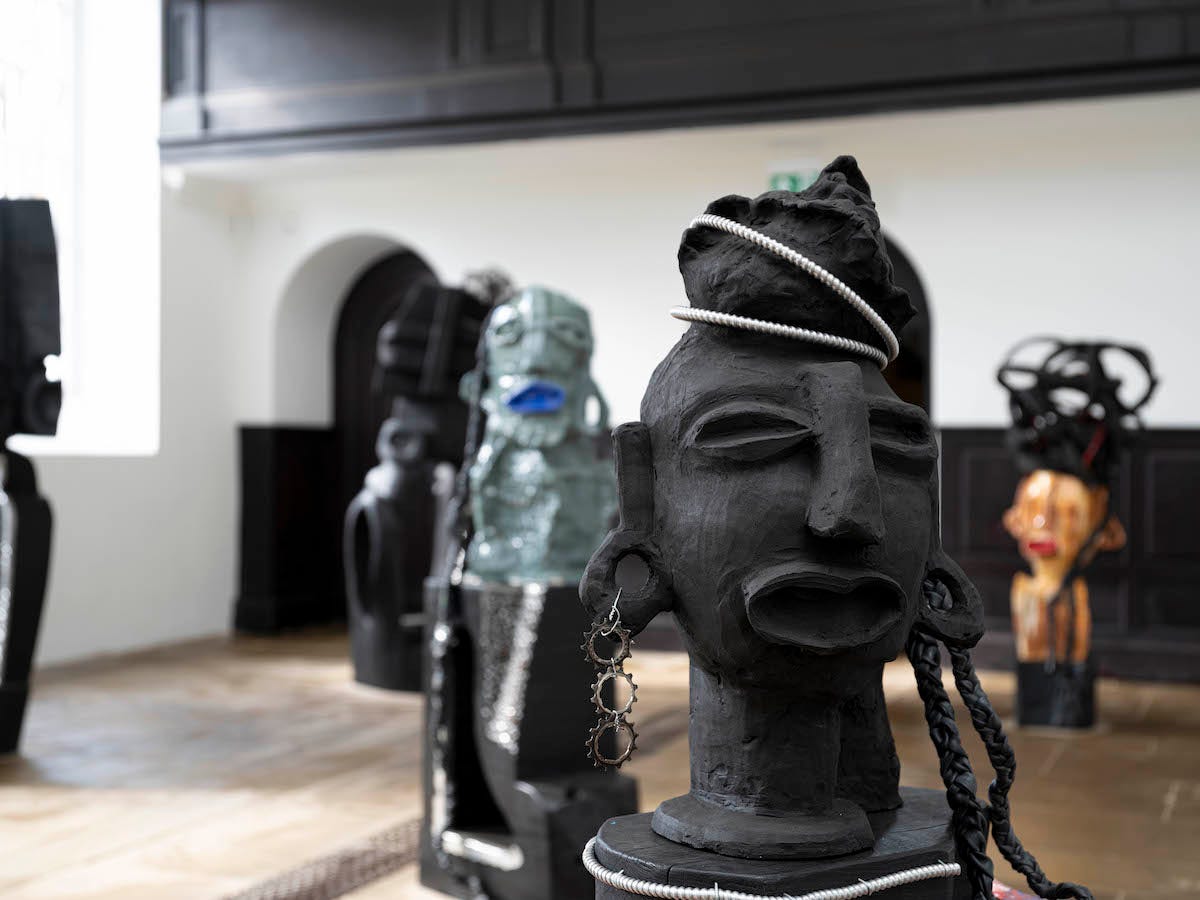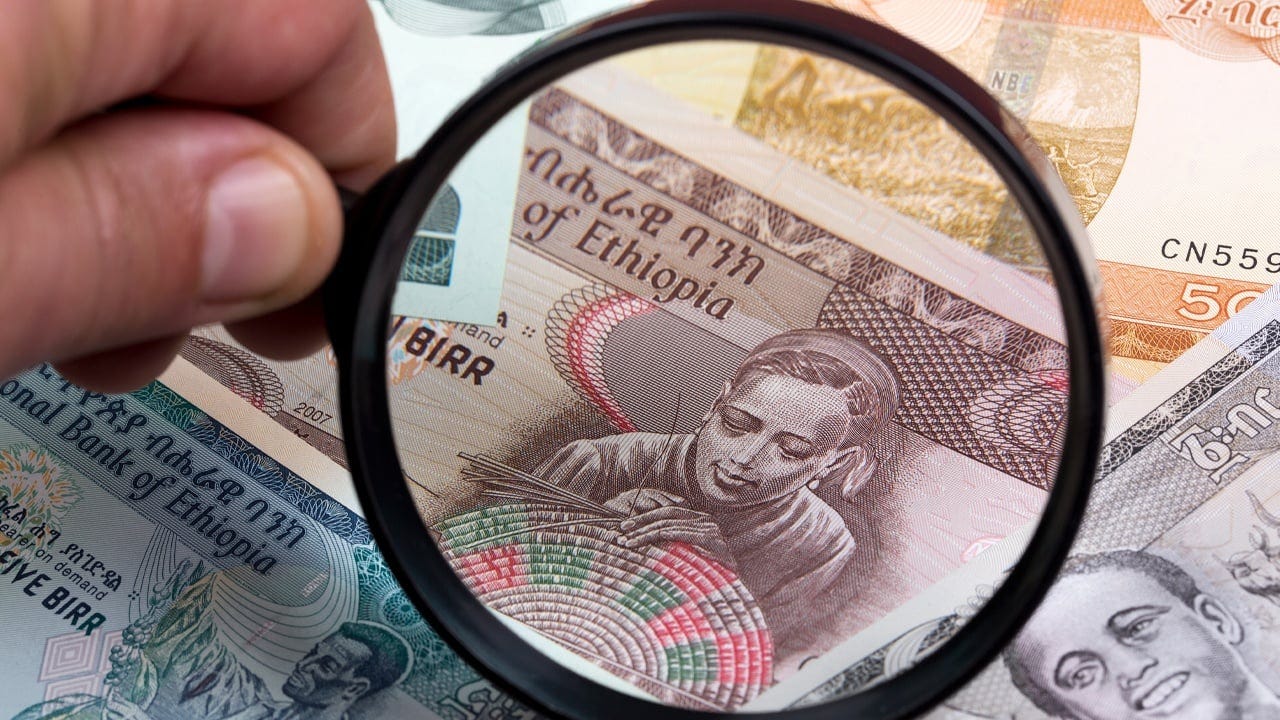Image of the Day

Spotlight Stories
Leilah Babirye: Turning Trash into Treasure and Homophobia into Art
Meet Leilah Babirye, the Ugandan artist who's giving a whole new meaning to "one man's trash is another man's treasure." After fleeing Uganda in 2015 (where being queer can land you a life sentence or worse), Babirye has been turning New York's junk into jaw-dropping art faster than you can say "reduce, reuse, recycle."
In Uganda, the queer community is called "abasiyazi" or "sugarcane husk" – basically, human rubbish – but Babirye instead started creating art from actual rubbish.
Her sculptures are like the Drag Queens of the art world - big, bold, and covered in enough found objects to make a dumpster diver jealous. We're talking bike parts, cans, and random street trash…
But don't let the rough exteriors fool you.
These sculptures are serving looks inspired by queer fashion and African masks.
Babirye's work is so hot right now, it's popping up everywhere from the Venice Biennale to Yorkshire Sculpture Park. She's even got her first US solo show opening in San Francisco. Not bad for someone who initially took art in high school because she thought it'd be an easy A!
More on Leilah Babirey on Artnet.
Ethiopia's Currency Takes a Dive: The Birr-den of Economic Reform
Ethiopia's currency just took a massive plunge.
The Ethiopian birr has fallen by 30% against the US dollar after the government decided to loosen up its currency restrictions.
Ethiopia is eyeing a $10.7 billion loan from the IMF and World Bank. And the IMF has been pushing for reforms before they hand over the cash.
This policy shift is a pretty big deal – we're talking half a century of fixed exchange rates being tossed out the window. In other words, the market will decide the currency’s value, and it remains to be seen – in the long run – whether the birr will spread its wings and fly... or possibly crash land.
Some Ethiopians are understandably nervous about this change. After all, the last time the birr was devalued, prices for food and imported goods shot up faster than a rocket. And with inflation already high, people are worried about their wallets taking another hit.
In response, the government is promising subsidies on essential goods like petrol and extra help for low-income workers.
One of the reasons for this change was the thriving parallel foreign exchange market, where the dollar was costing double the official rate. Yes, the birr was living a double life – one rate for the official books, another for the streets.
Ethiopia has been grappling with a brutal two-year civil war, and ongoing conflicts in other regions, and chronic foreign currency shortages. The country sought money from the IMF, which has been pushing for reforms before it agrees to hand over the cash; hence the forced devaluation of the birr.
Some financial analysts are optimistic, arguing that this move could attract foreign investment and boost exports. Others are less enthused, predicting a period of economic turbulence.
The Fishy Business of Nile Perch Swim Bladders: A Delicacy Driving Overfishing in Lake Victoria
On the shores of Lake Victoria in Kisumu City, a peculiar trend has emerged among fishermen and buyers alike. The coveted catch of the day is not the meaty flesh of the Nile perch, but rather its swim bladder, affectionately known as "mondo" or "maw." These vital organs, essential for the fish's buoyancy, have become a hot commodity in Asian markets, particularly in China, where they are considered a delicacy with alleged anti-aging properties and are used in the production of surgical threads.
Fishmonger Gladys Okumu has witnessed firsthand the skyrocketing value of fish maw, which can fetch up to Ksh 5000 (approximately $38) per kilogram at the quayside market. In contrast, the Nile perch flesh itself sells for a mere Ksh 450 ($3.40) per kilogram. Okumu, who extracts fish maw from Nile perch and sells it to brokers, who then pass it on to Chinese agents, marvels at the stark difference in value, stating, "Nowadays, the fish maw is considered as valuable as gold."
The Perils of Popularity: Overfishing and Ecosystem Disruption
While the surging demand for fish maw has created a lucrative opportunity for local fishermen, it has also led to a concerning decline in the Nile perch population in Lake Victoria. Fisherman Victor Ndonga laments the scarcity of his catch, saying, "Most of the time, our fishing trips don't yield any Nile perch. However, Tilapia is always abundant, filling crates, while only one Nile Perch might be in the entire batch."
The allure of the valuable fish maw has even led to the harvesting of dead, inedible Nile perch, as the swim bladder alone can still bring in good money. However, this clandestine harvesting method often targets breeding and juvenile stocks, further compromising the long-term sustainability of the species.
Chrispine Nyamweya, a research scientist at the Kenya Marine and Fisheries Research Institute (KMFRI), explains that the preference for larger fish, which yield bigger fish maws, has resulted in a truncated population dominated by smaller individuals. This imbalance affects the replenishment potential of Nile perch stocks in Lake Victoria, as the invasive species, introduced in the 1950s, continues to disrupt the ecosystem while remaining a significant source of income for local fishermen.
Food for Thought
“Even as the archer loves the arrow that flies, so too he loves the bow that remains constant in his hands."
— Nigerian Proverb






